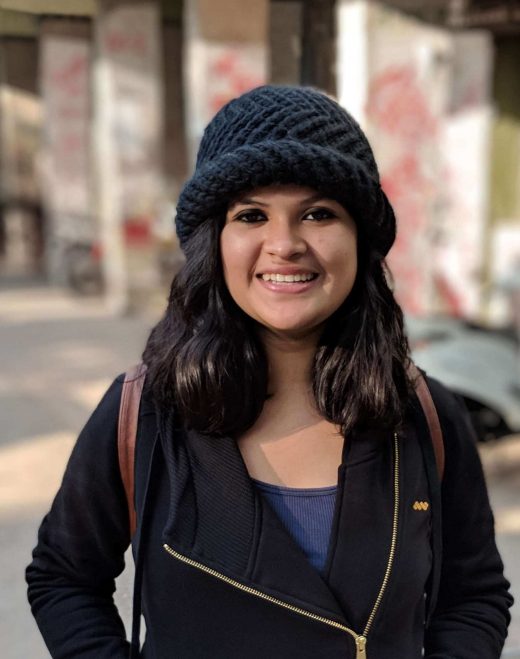Dec 6, 2018 15:34 UTC
| Updated:
Dec 7, 2018 at 06:20 UTC
Exclusive: NEO Launches Decentralization Roadmap And Calls for Consensus Node Applicants
There is some exciting new developments that are happening with NEO. The open-source smart contract platform has had a great year so far and has amassed an international following of a growing community of members.
(Read: Beginner’s Guide to NEO Coin)
The company currently has over 100 dApps deployed to the mainnet and it has just come up with an exciting new announcement. The company has released its roadmap, which aims to accomplish greater decentralization by enabling other organizations to run a consensus node on its network.
Peter Lin, Director of Research and Development at NEO Global Development said,
“NEO is embarking on its next phase, which will see far more public involvement in efforts of greater decentralization.”
NEO is currently inviting various organizations to run consensus nodes on the platform. Its plans to accelerate network decentralization through a selection process, is bound to increase the number of clients on the platform.
(Read about: NEO Global Capital’s partnership with AERGO)
What are consensus nodes?
Consensus nodes function as a validation mechanism for the blocks on the NEO network. They timely take turns to propose or sign agreement on new blocks and also maintain a record of the blockchain. They can enforce decisions made by the network such as the setting of transaction fees. It is the base of the entire technology that ensures protection from external attacks and smooth functioning of the platform.
(Read about: Consensus algorithms in Blockchain)
At present, NEO controls five of the seven consensus nodes that are present on its platform. The other two are controlled by Dutch telecoms company KPN, and City of Zion, which is an independent, global group of developers who are working on NEO. Four of NEO’s personal consensus nodes will be replaced by nodes of applicants who have passed a screening process and completed a six-month trial on the testnet. This change will take place in 2019.
The following are the four voting cycles during which successful applicants will be chosen:
- 30th Nov, 2018 – 28th Feb, 2019
- 1st Mar, 2019 – 31st May, 2019
- 1st Jun, 2019 – 31st Aug, 2019
- 1st Sep, 2019 – 30th Nov, 2019
All of NEO’s mainnet consensus nodes could be in the hands of third party organizations by the end of 2019. Peter added.
“With an open ecosystem that allows organizations to launch and operate an independent node, NEO can accelerate its mission of creating a “smart economy” powered by blockchain technology.”
“By the end of 2019, the team will add other independent consensus nodes, demonstrating NEO’s commitment to becoming more decentralized and open.”
He has also encouraged NEO token holders to go through ‘How to Become a NEO Consensus Node’, and figure out the ways to moderate the platform.
“As an increasing amount of NEO tokens held by the NEO Foundation are unlocked, they will flow into the market and add to the amount of NEO in circulation,” he noted.
“As time progresses, we will see a growing number of NEO token holders seeking to function as consensus nodes to play a vital role and participate in the governance of NEO.”
Source: Content submitted to us by EAK Digital

























































